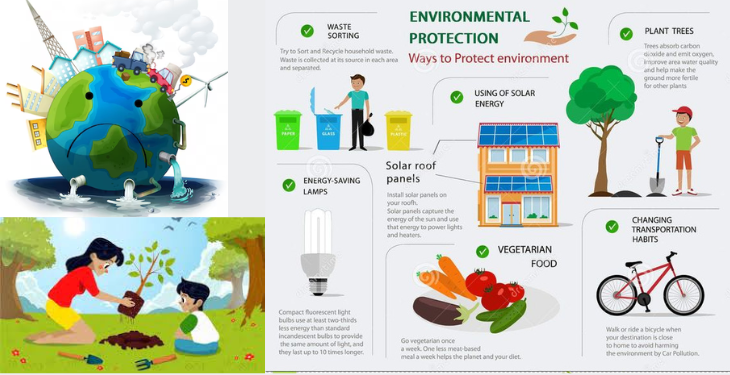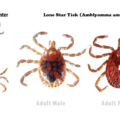Protecting the Environment: Preserving Our Planet for Future Generations

Introduction:
Environmental protection is now a top issue on a worldwide scale in a time of climate change, deforestation, and pollution. It is our responsibility to safeguard the Earth’s delicate ecosystems, ensuring a sustainable future for generations to come. This article explores practical steps individuals and communities can take to protect the environment. By fostering a collective mindset and embracing sustainable practices, we can make a meaningful impact on the preservation of our planet.
Promoting Sustainable Consumption:
One of the most effective ways to protect the environment is by adopting sustainable consumption habits. This involves being mindful of our choices and their impact on the planet. We can reduce our ecological footprint by opting for reusable products, such as water bottles and shopping bags, and by choosing locally sourced and organic foods. By consuming less, recycling more, and supporting eco-friendly businesses, we can significantly reduce waste and promote a circular economy.
Conserving Natural Resources:
Conservation plays a vital role in protecting the environment. We must prioritize the sustainable use of natural resources to avoid depletion. By reducing energy consumption, using renewable energy sources, and employing energy-efficient technologies, we can mitigate the negative impact on our ecosystems. Water conservation is equally important; simple actions like fixing leaky faucets, harvesting rainwater, and practicing responsible irrigation can make a significant difference. Protecting biodiversity by preserving natural habitats and supporting conservation initiatives is another crucial aspect of resource conservation.
Minimizing Pollution and Waste:
Pollution poses a severe threat to our environment and human health. To protect our planet, we must actively minimize pollution and waste. Adopting environmentally friendly transportation methods, such as carpooling, biking, or using public transport, reduces air pollution. Proper waste management, including recycling, composting, and responsible disposal, prevents hazardous substances from polluting our land and waterways. Industries and businesses should implement cleaner production techniques and adopt eco-friendly practices to minimize pollution at the source.
Preserving Ecosystems and Biodiversity:
Protecting and preserving ecosystems is vital for the health and balance of our planet. Conserving forests, wetlands, and oceans helps maintain biodiversity and ensure the provision of ecosystem services. Supporting reforestation initiatives, protecting endangered species, and promoting sustainable fishing practices are all ways to preserve ecosystems. Additionally, creating and maintaining protected areas, national parks, and wildlife sanctuaries safeguards fragile habitats, allowing flora and fauna to thrive.
Conclusion:
The protection of our environment is a collective responsibility that requires individual and collective action. By promoting sustainable consumption, conserving natural resources, minimizing pollution and waste, and preserving ecosystems, we can contribute to the safeguarding of our planet. It is essential to raise awareness, educate others, and advocate for policies that prioritize environmental protection. By working together, we can create a sustainable future for ourselves and future generations, ensuring a healthy and thriving planet for all. Let us embrace our role as stewards of the earth and make a positive impact on the environment.
Here are some additional tips for protecting your environment:
- Plant trees. Trees provide many benefits, including clean air, clean water, and wildlife habitat.
- Reduce your use of pesticides and herbicides. These chemicals can pollute the environment and harm wildlife.
- Compost your food scraps. Composting helps reduce methane emissions, which are a greenhouse gas that contributes to climate change.
- Dispose of hazardous waste properly. Hazardous waste can pollute the environment if it is not disposed of properly.
- Support businesses that are committed to sustainability. When you spend your money, choose businesses that are committed to sustainability. This will help to send a message that you value businesses that are taking steps to protect the environment.
By following these tips, you can help protect your environment for future generations.






